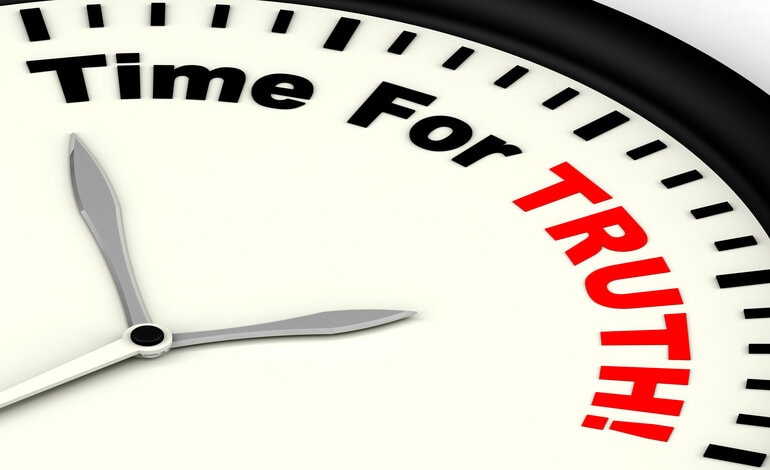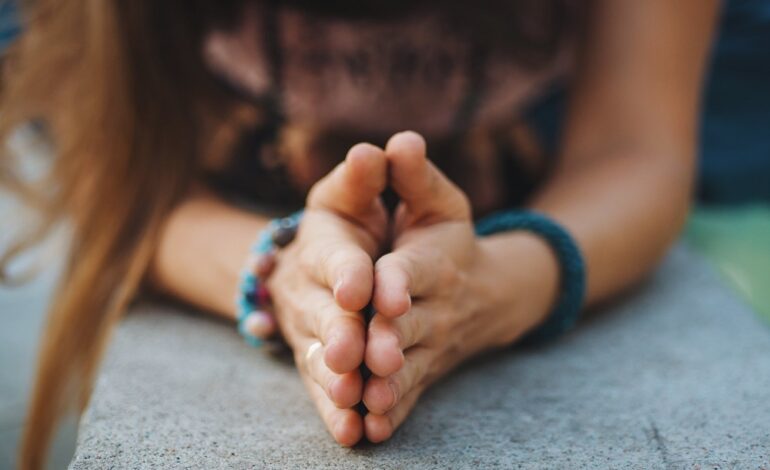National Bullying Month: The Effects of Bullying on Mental Health
“Bullying results from an unequal power dynamic – the strong attacking the weak”.
-Maria Konnikova
“In the past decade, headlines reporting the tragic stories of a young person’s suicide death linked in some way to bullying (physical, verbal, or online) have become regrettably common. There is so much pain and suffering associated with each of these events, affecting individuals, families, communities, and our society as a whole and resulting in an increasing national outcry to “do something” about the problem of bullying and suicide”.
Defining bullying
Bullying is defined as an unwanted, aggressive behavior that involves a real or perceived power imbalance and can include physical harm or threats, verbal insults such as name calling or threats, cyberbullying, social bullying (spreading rumors or talking poorly behind someone’s back to jeopardize their reputation or social exclusion).
Bullying can occur in person or through technology, and it happens not only among children and teenagers but adults as well. For example, an adult bully can be an intimidating coworker or boss, a controlling romantic partner, an unruly neighbor, a high-pressure sales/business representative, a condescending family member, a shaming social acquaintance, or other types of people that engage in abusive relationships.
Mental health consequences of bullying
Bullying has many devastating consequences, including suicidal ideations, attempted suicide, and death by suicide. In addition, bullying can contribute to the intense feelings of helplessness and hopelessness involved in suicidal behaviors. To think that an individual is in so much torment and pain and that the only way to escape their pain and their bully is to end their own life is heartbreaking. But this is the dark reality of many victims of bullying.
- According to Yale University, bully victims are between 2 to 9 times more likely to consider suicide than non-victims.
- A study in Britain found that at least half of suicides among young people are related to bullying.
A bully is usually an insecure individual who chooses to pick on others to make themselves feel better. It has nothing to do with their victim but rather an unhealthy attempt to plead for love and acceptance, and they go out of their way to make people feel unaccepted so that they’re not alone.
Victims of bullies are at risk for depression, anxiety, eating disorders, involvement in interpersonal violence or sexual violence, substance abuse, poor social functioning, a decline in academic or professional performance, low self-esteem, and loneliness. However, victims of bullies are not the only ones who suffer detrimental mental and emotional consequences.
Perpetrators also suffer when they engage in bullying behavior. Bullies are at higher risk for antisocial, sometimes violent behaviors like getting into fights and destroying property, have a higher risk of misusing drugs and alcohol, and are more likely to abuse their romantic partners or their children or engage in criminal behavior.
Witnessing bullying behavior also comes with consequences; for example, individuals who have observed but not participated in bullying report significantly more feelings of helplessness and less sense of connectedness than others who have not witnessed bullying behavior.
Seeking help
Suppose you or someone you know is being bullied. Regardless of the circumstances, it is important to immediately remove yourself from the situation, document the occurrence, and inform someone such as a parent, friend, teacher, boss, or HR personnel. Bullying is unacceptable behavior that should never be tolerated. Although standing up for yourself and fighting back can be empowering, you may be in a potentially dangerous situation depending on your bully and the extent of your bullying. The toxic effects and mental health consequences often present many years after the bullying occurred. Many individuals try to bury these feelings and memories (sometimes by using drugs, alcohol, and other unhealthy coping mechanisms), and they eventually re-surface, sometimes when least expected. When these memories and experiences re-surface, you may experience anxiety, nightmares, depression, and other emotional and mental health symptoms. Finding time and space to talk to a therapist can be highly beneficial during these times.
AKUA Mind and Body
AKUA Mind and Body is a full-service mental health and addiction treatment program that offers a wide range of “east meets west” treatment modalities for various populations across California. AKUA Mind & Body treats mental health and addiction co-occurring disorders and works diligently with each client and their family to ensure that treatment is specifically tailored to their needs and not just their disorder. AKUA Mind and Body also has an informative, inclusive, reader-friendly blog that helps to spread awareness and reduce the stigma associated with mental health and substance use disorders. To read more about bullying and the mental health effects of bullying on the AKUA Mind and Body blog,
click here.
AKUA Mind and Body resources for bullying
Cyberbullying
Bullying and trauma




